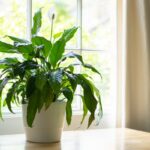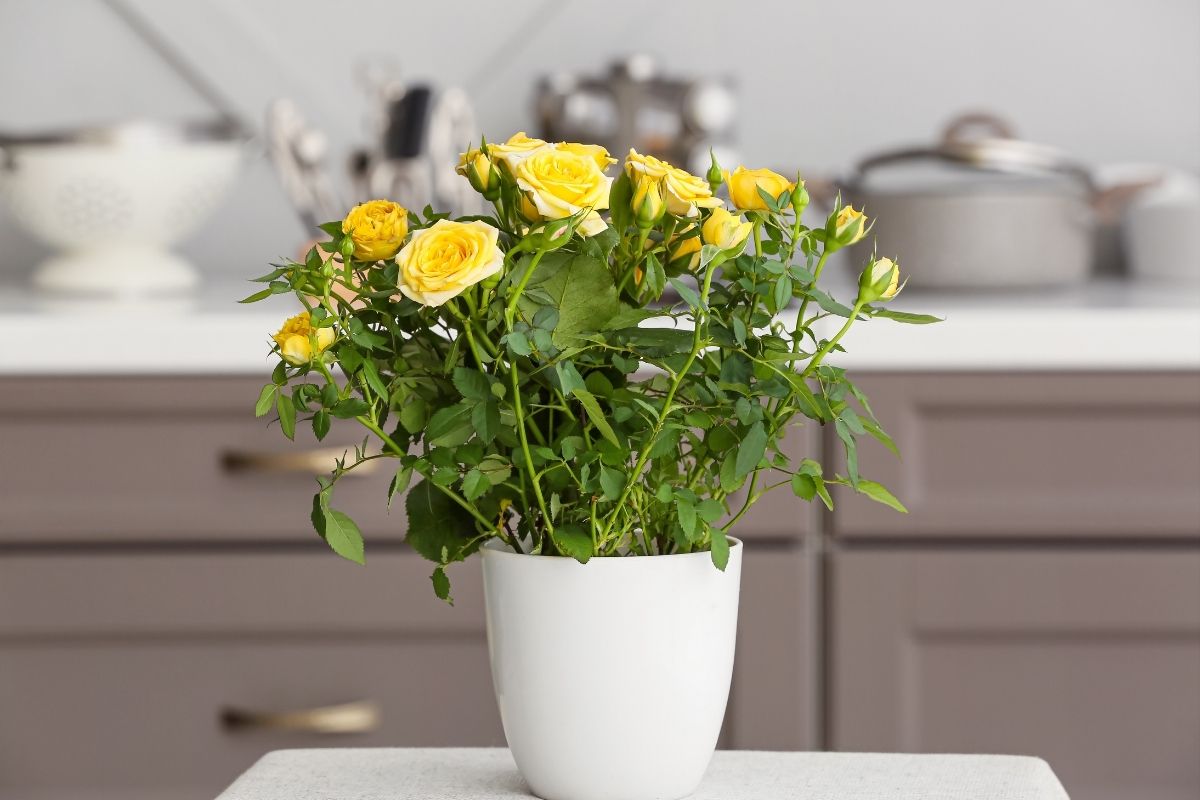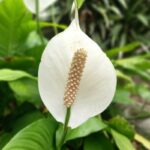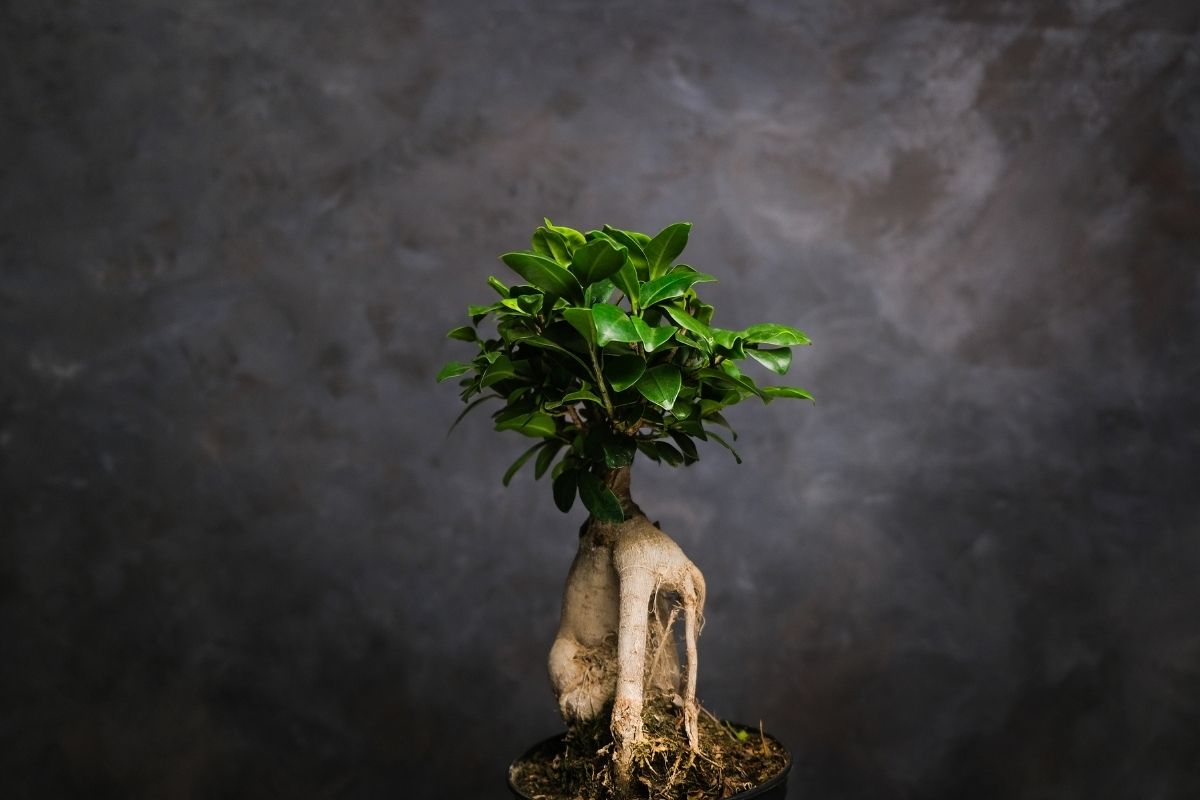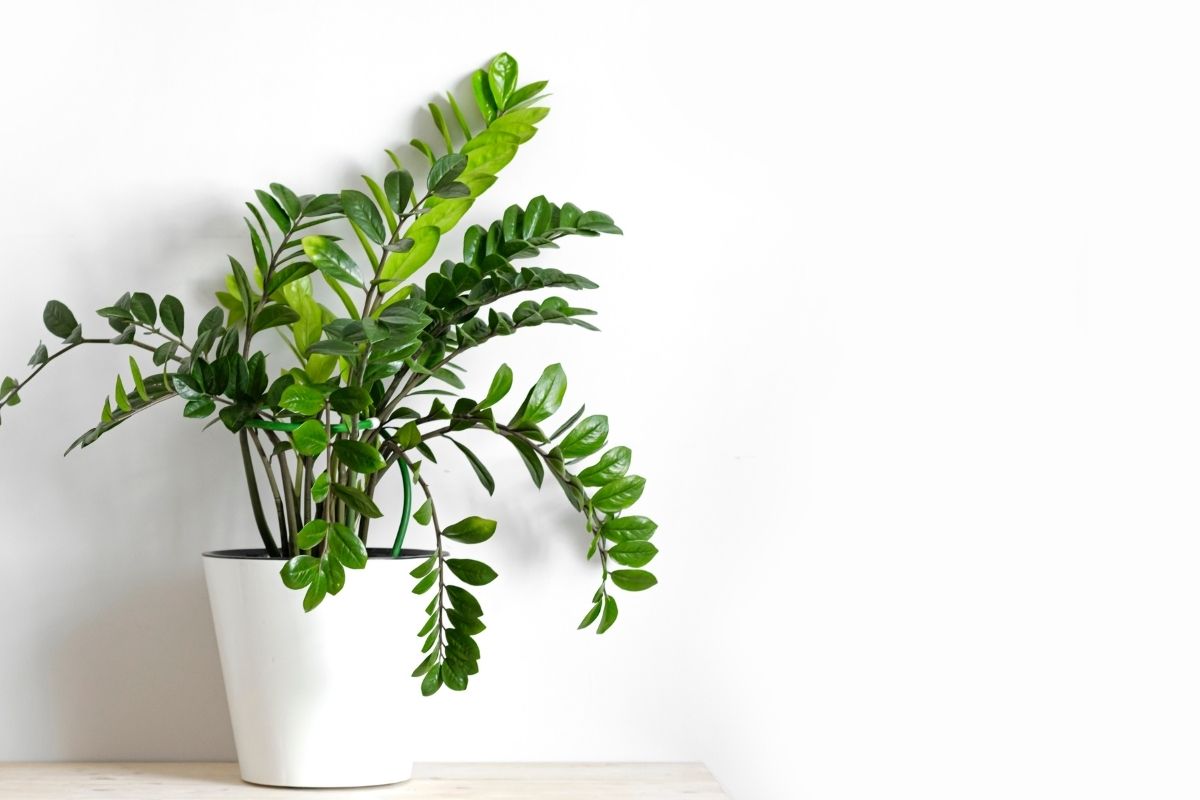You probably heard the same online plant care tips over the years. While they seem to work, you want more dramatic results.
There’s no other way to become a master but through trial and error. Perhaps you can start to upskill as a plant parent with these ideas:
Sometimes you’re just not meant to be
Unless you’re willing to pay a fortune to imitate its natural habitat, don’t invest in a plant that’s not designed for your climate. There are plants from cold regions that won’t survive summers in Asia, and vice versa. Ask a local gardener for a plant that will thrive in your climate and will suit your lifestyle. Don’t forget to mention if you have any pets because some plants have sap or spores that can be irritating to animals. Find a list of pet-friendly houseplants here.
Don’t subject them to sudden change
Plants are sensitive to environmental changes. So if you’re planning on moving them to a new location, help them slowly adapt to the elements first.
The best time to move perennials is during early spring and fall because it’s not overly warm. If possible, don’t relocate them when the sun is in full blast (e.g., summer months.). Check out these drought-tolerant plants. Plants conserve their energy during winter and you don’t want to stress them more. If relocation is inevitable, protect the plants from extreme temperatures. Keep the root ball moist and plant them as soon as possible.
Potting soil vs potting mix
These terms are often interchanged. As a plant parent, it’s crucial to understand how they are different from each other and when to use them.
Potting soil is also called “garden soil.” Usually, the label indicates “for in-ground use.” This product contains actual dirt, such as clay, sand, and loam. The bagged soil products sold in the market are formulated in such a way that will support plant growth. True soil is not commonly used for houseplants. Rather, gardeners use it for raised beds—particularly if the ground has poor quality.
A potting mix doesn’t contain actual dirt but a mixture of various organic materials, such as bark, peat moss, and perlite. Usually, it is labelled as a “soilless medium.” This type of substrate is the standard choice for container gardening, whether indoors or outdoors. Some products are combined with slow-release fertilizers.
Know when to prune
It’s crucial to remove a plant’s dead parts so they don’t use up energy anymore. Pruning also prevents the spread of diseases and restores plant shape.
You can perform light pruning at any time. However, substantial trimming may have to wait until early spring. This is because the day is longer during spring and plants can generate more energy for recovery. Always use sharp pruning tools. Blunt blades can leave jagged cuts, which can make the plant vulnerable. Also, make sure to wash any tool to prevent the spread of diseases. Here’s your step-by-step pruning guide.
Choose pots with care
Drainage is essential for plant health. Use pots with holes at the bottom so excess water can flow out. If there is no proper drainage, the roots will be waterlogged.
The presence of excessive water in the soil can make it difficult for the roots to absorb oxygen. Also, it changes the chemical equilibrium in the soil.
You also need to occasionally check the density of the root system. If the roots are already circling around the soil, it means you need a bigger pot. Repotting is necessary even if the roots are not condensed yet because the plant will naturally exhaust the soil’s nutrients.
If you’re uncertain about what to do, consult a local garden center. They can suggest plants that are suitable to your climate and guide you on how to care for them. There are also apps that provide online plant care.
Conclusion
Following the online plant care tips mentioned above can help you become successful in gardening. Just remember not to rush anything. Wait for the right season to prune, add fertilizer in moderation, water only when necessary, and report overgrown plants. Besides, planting is supposed to be an enjoyable activity that inspires patience and hard work.
- Best Hanging Plant For Low Light - September 4, 2023
- Best Indoor Plants Florida - August 28, 2023
- Best Plants For Bathroom Smells - August 21, 2023



